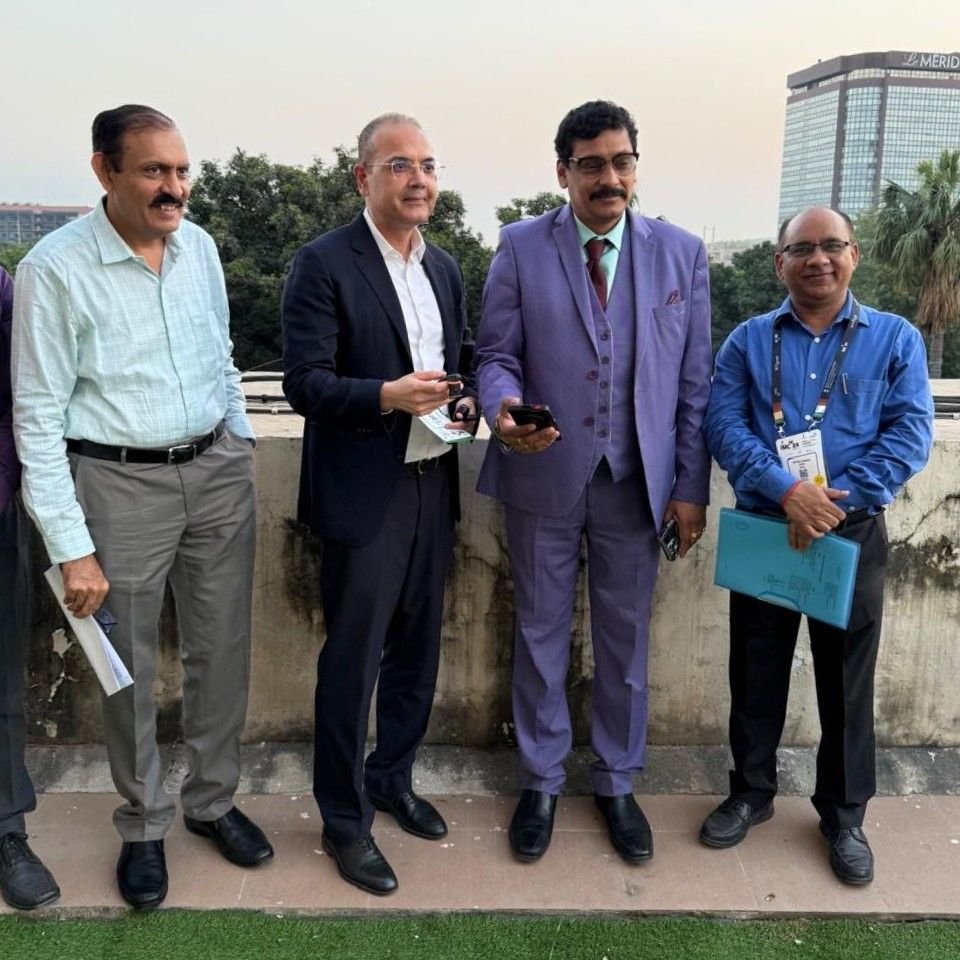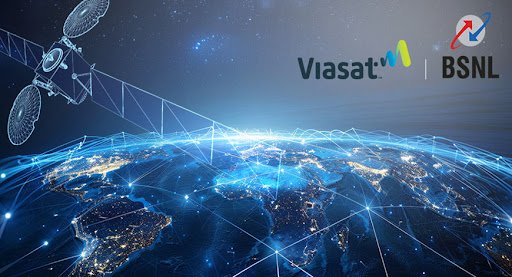Viasat, Inc, a global leader in satellite communications, in partnership with India’s telecommunications provider BSNL, has successfully demonstrated direct-to-device satellite connectivity in India for the first time. The milestone was showcased at the India Mobile Congress, one of Asia’s largest technology fairs, marking a significant step in expanding satellite-powered communication services.
During the demonstration, Viasat engineers showcased two-way messaging and SoS capabilities using a commercial Android smartphone with non-terrestrial network (NTN) connectivity. Messages were transmitted over 36,000 kilometres via one of Viasat’s geostationary L-band satellites, proving the feasibility of satellite-based connectivity for Indian consumers and businesses.
Direct-to-device connectivity is an emerging technology that enables everyday devices, such as mobile phones, smartwatches, and even vehicles, to connect seamlessly to both terrestrial and satellite networks. This innovation eliminates the need for specialized hardware, allowing devices to remain connected regardless of location. The technology adheres to global 3GPP release 17 standards, which are currently being adopted by satellite operators, mobile networks, and device manufacturers.

Sandeep Moorthy, Chief Technical Officer at Viasat, emphasized the potential impact of this development: “In India, where millions still lack reliable terrestrial connectivity, D2D could break barriers and help transform industries like automotive and supply chains, enhancing safety and sustainability.” He added that the collaboration with BSNL aims to drive a standardized and collaborative ecosystem to bring seamless connectivity across India.
ALSO READ: VODAFONE, SUMITOMO, MASTERCARD LAUNCH M2M PAYMENTS
BSNL Chairman and Managing Director, Robert J Ravi, praised the partnership, stating, “Today’s successful demonstration highlights the potential to enhance communication for critical services, disaster recovery, and rural connectivity using BSNL’s network and Viasat’s L-band satellite constellation.”
Viasat has a strong history of providing reliable satellite safety services, including supporting the Global Maritime Distress and Safety Service (GMDSS) and flight deck safety communications for over 12,000 aircraft. The company continues to lead innovations in satellite communication through its collaborations and industry partnerships.




